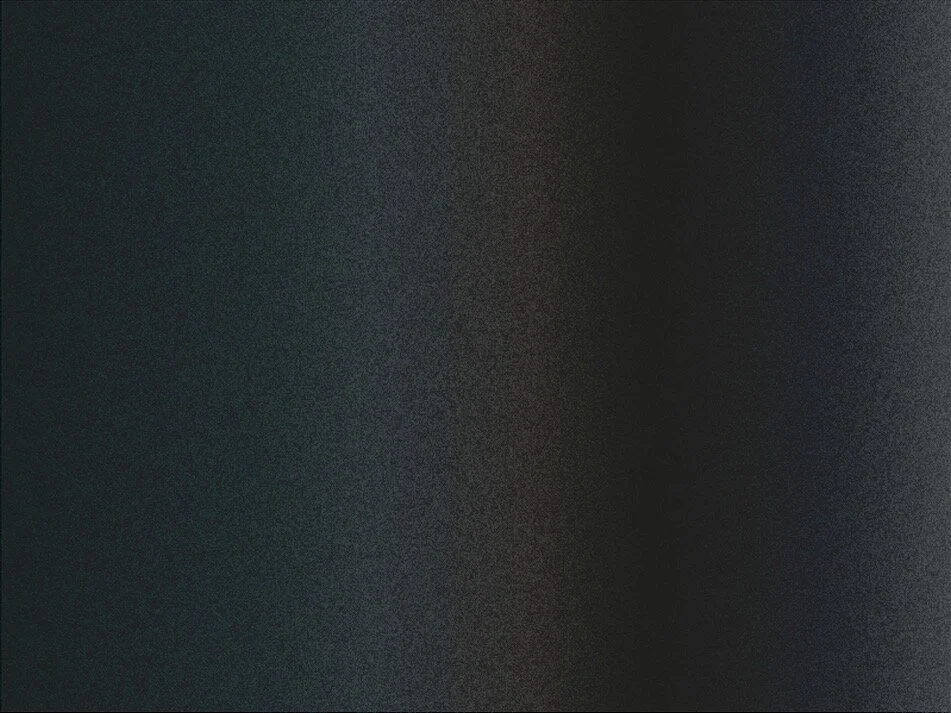Rob Mazurek - Exploding Star Orchestra
Dimensional Stardust
SCORE: 8.7
Even with all the instrumentation at play and its constant movement, Dimensional Stardust feels vast and wide open. The album is restless but not tiresome; its energy is propelled by liveliness instead of a deranged sense of intensity.
In 2005, multi-instrumentalist Rob Mazurek was approached by the state of Chicago to gather musicians from segregated areas in an attempt at fomenting inclusion and earning them recognition. The result, was the Exploding Star Orchestra, an ever-changing ensemble -always directed by Mazurek himself- that has been recording their psychedelic-classical-jazz-tinged material since 2007. With a stellar concept behind the project (all albums allude to space-time), akin to Sun Ra’s Arkestra, their most recent album is just one more step towards the cosmos.
Even with all the instrumentation at play (courtesy of names like Jeff Parker, Joel Ross, Tomeka Reid and Chad Taylor) and its constant movement, Dimensional Stardust feels vast and wide open. The album is restless but not tiresome; its energy is propelled by liveliness instead of a deranged sense of intensity. Despite dealing with serious and somewhat dark subject matter, it does so with an enduring positive stance. Despite its cosmic vibe, Dimensional Stardust rails against very human-like flaws, longing for inclusion and a better tomorrow; and, with its triumphant lines, one cannot help to be inspired for a greater good.
Just like its cover art, this album feels like bursts of bright colors being arranged in familiar patterns; all the tracks have a similar structure, in which we can hear bright ostinatos and arpeggios being played by the flute, vibraphone and violin, while the rest of the players are locked in a counter-dynamic. This gives the songs a loose and off-kilter feel and a sense of depth; it makes them feel galactic. This is beautifully displayed in “A Wrinkle in Time Sets Concentric Circles Reeling” and the title track: everyone is at their A-game in what sounds like a very Zappaesque performance. “Parable of Inclusion’s” use of counterpoint brings to mind Steve Reich’s work without feeling too derivative; it all has Mazurek’s voice all over.
This is a big feature of the album as well: Mazurek is able to take from different sounds and use them in a way they can be recognized, but there’s never a moment in which the listener would be thrown off from the experience due to a track being too similar to its influences. There are hints at a nu-jazz sound on tracks like “Abstract Dark Energy (Parable 9)” that may bring to mind the electronic explorations done by the Cinematic Orchestra, but ESO find a way to veer away from being a mere callout to the early 2000’s by infusing the piece with brief dissonant, avant-garde deviations. “Parable 3000 (We All Come From Somewhere Else)” could be a lost Sun Ra track, but at the same time, it can only be a Rob Mazurek track as well.
This album is a very needed ray of light in these dark times. It may not be the only wholesome album to come out this year, but by keeping it mostly instrumental, it does not pound you with its message over and over. Damon Locks delivers his speeches and lets them linger in your subconscious while the music does the rest. Since the start of the pandemic I use to open most of my reviews with at least one mention of how the lockdown and the overall feeling of impending doom was affecting all of us; lately, I have forgotten all about it, mostly out of habit since I’m still isolating, but listening to this album reminded me that, while there’s still a long way to go, hope remains strong.





